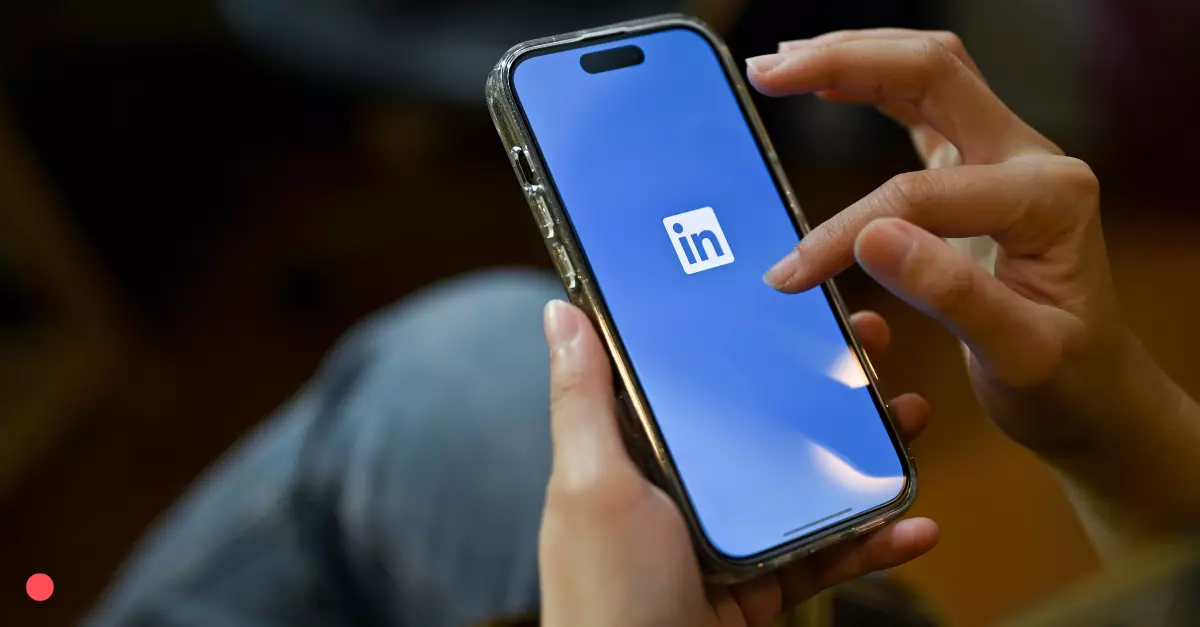One of the biggest challenges and problems for marketers and salespeople today is generating leads.
The challenge for attention and traffic has become increasingly difficult over the last few years, precisely because every business is creating content at scale, all aiming for that number one spot on Google.
At Huble Digital we’ve been testing lead generation methods for nearly a decade – and we’ve learnt an incredible amount in that process.
So in this blog, we’re going to provide a series of lessons sharing what we’ve learnt to help you generate leads in 2020 and beyond:
Lesson one:
More content drives more website traffic
As consumers we love content. We love content that…
-
helps us to make decisions,
-
allows us to compare products and solutions,
-
alleviate our fears and doubts,
-
validates what we already know and
-
provides us the information we need to make informed purchasing decisions
Your consumers are exactly like you and I, constantly looking for this sort of information online, so the more of it you provide – the more of it will be found, right? With this in mind, we’ve looked at significantly increasing the volume of blog content we publish over the years:
-
In 2016, we published around one blog each fortnight
-
In 2017 we published at least 1 blog each week
-
In 2018 we published at least 2-3 blogs each week
Since then we’ve averaged 3-4 blogs each week and we’ve seen a direct correlation between the amount of content published and our website traffic. It makes sense: more content means more search engine optimised web pages, which in turn means more opportunities to be found by interested parties. There’s also the promotional element, too.
Lesson two:
More doesn’t necessarily equal more
When it comes to content creation in 2020, the aim of the game is to create a lot of bloody good content.
Why? Well if you create a lot of average content, then you’ll be ranking on the second page of Google for a lot of keywords, and hardly anyone goes to the second page of Google. On the other hand, if you create high-quality content but a small amount of it, even if that content ranks on the first page of Google, you'll only be driving traffic from that small volume of pages.
The fact is that you need both scale and quality when it comes to content.
As mentioned, at Huble Digital, we’ve been creating at least 2-3 blogs each week for the last 2 years, and we’ve seen our organic traffic increase consistently over that period. However, our best performing blog posts are ones that have been the best performing for the last two years or so.
But what does that tell us?
It tells us that some of the content we have isn’t driving lots of organic traffic to our website. Perhaps the target keywords for these blogs are too competitive and, compared to the amount of time and effort we put into making the post, not easy wins. It’s likely that with a bit of repurposing and further optimisation (i.e. adding new content, keywords, images, videos and links) we can improve their rankings – but it’s a long-term project.
Our advice: if you’re creating content for a highly competitive term it needs to be better than what currently ranks at the top of Google. So next time you create a blog, enter your keyword into Google and see what ranks number one. If what you're about to create isn't better than that piece, you need to re-think it.
Check out our B2B Content Marketing Strategy Guide for all the information you need!
We’ve seen the most success and increase in organic traffic when we’ve created blogs that are optimised for a keyword and are better than what holds the 1st position on search. This involves studying the top content for the keywords we want to target:
-
What can we do better?
-
What other terms should we be using?
-
How should the content be structured?
-
How can we reposition our content so that it’s fresh and unique?
-
What additional information can we include?
If you want to take those top positions, you have to think using the above process – most ideas will have been done to death but the truly unique ones are those that take preconceived ideas, add to them and give them a little spin.
For the posts that drive minimal traffic, we’re currently working back through them to improve their length, quality and links – utilising other relevant, high-quality content to help push them up the rankings.
Lesson three:
Free events are fantastic
Many people think that events are drying up as an opportunity to generate leads, but events have been fantastic for us over the last few years.
My feeling is that the days of spending thousands of pounds on exhibition stands (of course, depending on the industry and size of company) can be better spent elsewhere.
Think of it this way: exhibitions are Outbound – people on stands selling to anyone and everyone that walks within 5 metres of your stand.
Events are Inbound – people attend and listen to interesting talks/presentations that educate. It's taking the content marketing model, but doing it in person, as opposed to online.
Inbound events is where we’ve seen brilliant success: we take the marketing and sales content we typically produce for our online channels and present it to an offline audience.
We’ve been able to attribute thousands and thousands of new customers to people we’ve met and converted at free events that we’ve run, and I’ve made some fantastic friends and connections along the way!
Lesson four:
Free things are FANTASTIC
As with free events, anything free works tremendously, especially if you’re in the software space.
For example, if I think about some of the tools and apps I have installed on my laptop and mobile that I use on a day-to-day basis:
-
HubSpot
-
Slack
-
Zoom
-
Evernote
-
Spotify
-
Trello
What do all of them have in common? They all offer a free version. You can use this version to ‘get used to’ the product before buying the full version. This allows you to see if the product is right for you and your business.
Our advice? Try and take whatever your product and/or service is and see how you can create a freemium version of it.
We tried this ourselves: we offered a series of free HubSpot training classes in Singapore which were very successful.
Lesson five:
Make it easy for people to contact you however they want, whenever they want
If you’re anything like me, you get an absolute fright when you get a call from an unknown number.
Let’s face it: in 2020 people don’t like talking on the phone – especially not to strangers – so you need to offer other ways for them to communicate with you. Calls-to-action (CTAs) like completing a contact us form are outdated – most of your website visitors won’t want to speak to a salesperson right away. And if they do, they want to do it at a time that suits them.
One thing that has worked really well for us is allowing people to book time with our salespeople and consultants. This works well because the visitor can schedule a call at a time and day that suits them; meaning they won’t receive a call and/or voicemail from someone when they are busy and likely to be interrupted.
Key takeaways
To conclude, you need to be…
-
Creating a lot of really high quality content in 2020 – enabling you to be found online and offline.
-
Hosting free events to showcase your expertise
-
Offering ‘freemium’ versions of your product and/or service to get people interested (a great lead qualifier, by the way)
-
Making it easy for people to get in touch with you.
All of this will help to lay a solid foundation for your business and your content creation – but honestly, it’s just the start.
Once you have someone’s attention, you need to work incredibly hard to educate them and engage with them. Content will help you to get people onto your website and keep them there but it’s how you follow up that will determine the next phase of your campaigns.
So get out there and start producing that content!







.png)





